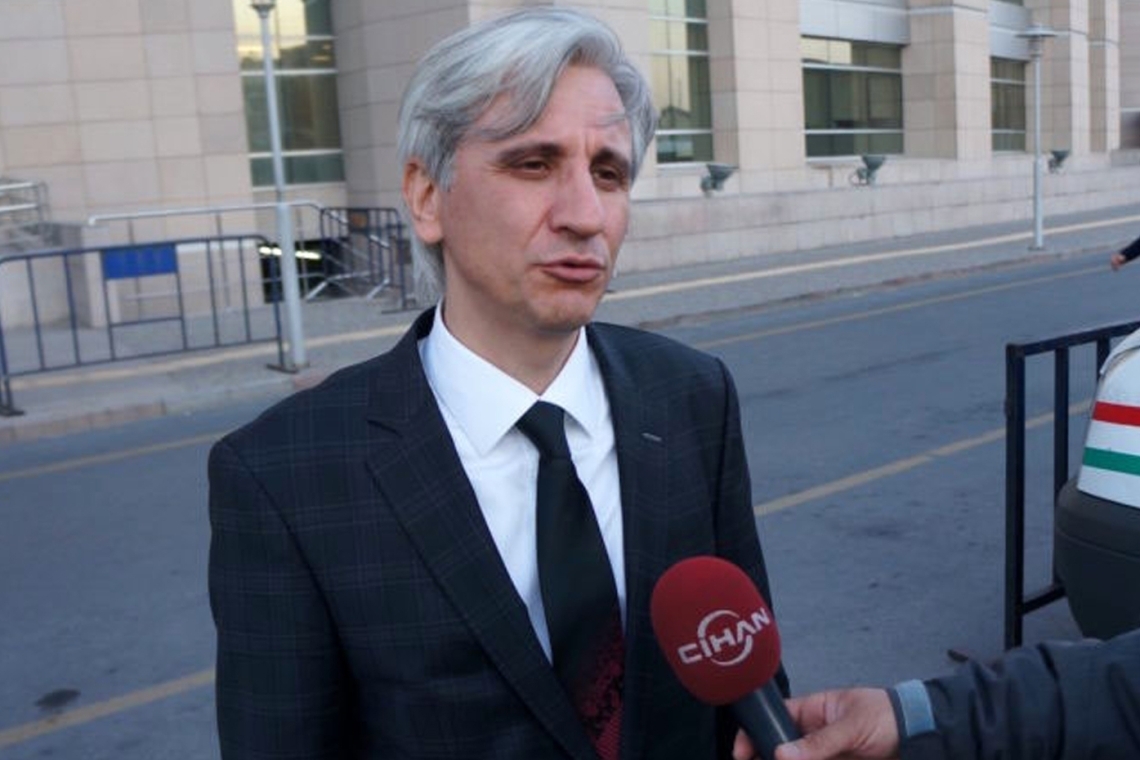By Elif Akgül
ISTANBUL — The trial of Gültekin Avcı, a former Turkish prosecutor and author, previously convicted in a high-profile case known as the "Selam Tevhid investigation conspiracy," will now proceed in closed sessions. This development follows the merger of Avcı's case with another, and a retrial ordered by the Turkish Supreme Court after it annulled an earlier verdict.
Avcı, along with 90 other defendants, including former senior police officials, stands accused in a complex case believed to be orchestrated by the Gülen movement, a group the Turkish government has long blamed for various plots against it. Thirteen of these defendants remain at large.
Today's closed-door session, held at the Istanbul 14th High Criminal Court, marks the third hearing of this trial. Initially open to the public, the proceedings were abruptly sealed off following a court decision, citing the merger of Avcı's case with another as the reason. This has raised concerns about transparency and due process in a case that has already seen its share of controversies.
Avcı, the case's only detained defendant, has been imprisoned for over seven years. He faces charges ranging from attempting to overthrow the government to involvement in terrorist activities. The court reaffirmed his detention, with the next hearing scheduled for May 8, 2024.
The case intertwines with the "February 7 MIT crisis case," previously heard in the Istanbul 23rd High Criminal Court. This case, which includes allegations against high-profile figures like Turkish President Recep Tayyip Erdoğan, accuses several former officials of trying to undermine the government.
The Turkish Supreme Court's 3rd Criminal Chamber, in a decision last year, overturned initial verdicts, citing violations of fair trial principles due to restricted access to evidence classified as "state secrets." This has led to a retrial, further complicating a legal saga that has drawn international attention for its implications on the rule of law in Turkey.
The "Selam Tevhid investigation impropriety" case began in February 2016 and has been notable for its scale and the severity of charges. The Istanbul 14th High Criminal Court's 2020 verdict handed down aggravated life sentences to several former officials for crimes against the state, including espionage and forgery. However, the Supreme Court later nullified these verdicts for 35 defendants, including Avcı, necessitating the current retrial.
Recent reports of Avcı being mistreated in prison have added a human rights dimension to a case already mired in legal and political complexity. These developments continue to be closely watched both in Turkey and internationally, as they bear significant implications for the country's judicial independence and the broader state of democracy in the region.



